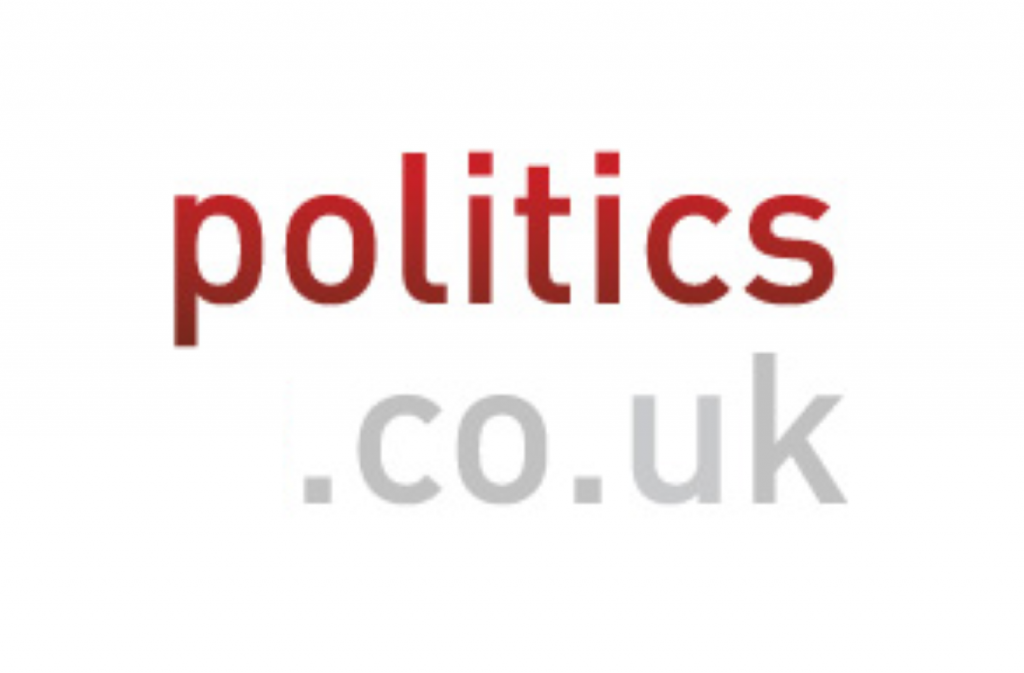Tony Benn on a radical UN
This week marked the 60th United Nations day. In the last of a three-part special feature, veteran left-winger Tony Benn maps out what a radical UN would look like.
“Lets start at the beginning.
“I heard the UN charter for the first time on a troop ship in 1945.
“‘We the peoples of the united nations determined to save succeeding generations from the scourge of war, which twice in our lifetime has brought untold sorrow to mankind.’


“That’s the promise my generation made to the next generation. We tore it up in Iraq and Afghanistan. We were trying for an instrument of peace and justice. And now we have to look at it again.
“We need to do to the UN what we did to the British parliament when we moved from election by two per cent of the population to universal suffrage. It must be based on population. So China, the UK and all the others should get votes per head of population.
“Today that is so out of line with what powerful countries would accept. You realise how radical it is; India and China put together would have a majority. But it has to be done. It has to be done on the basis of an elected general assembly, with the general assembly electing the security council. The UN would have certain powers to control the IMF, the World Bank, and the WTO. It would have powers to control the arms trade, which makes war more likely and more dangerous. It would have laws to govern conduct by multinationals and banks. A world health service might be overdoing it a bit, but world health is our concern.
“Is it so different from suggesting the working class have a vote? That women vote? It’s just applying globally the lessons we’ve learned nationally. All progressive ideas are ignored at first. Then if you go on, you’re mad. Then dangerous. Then there’s a pause, and then suddenly you can’t find anyone at the top who didn’t think of it in the first place.
“The present banking crisis means you can’t allow finance to rule the world because you what we need is structure.
“Democracy is the most revolutionary idea. Communism and capitalism have one thing in common: they’re both anti-democratic. Democracy empowers the poor and gives them political power which was previously in hands of the rich. It transfers power from wallet to ballot. It has given us all the things we appreciate, like state education, NHS or security from disorder at home.
“What we’ve been told for years is that government should keep out, leave everything to the market. And it hasn’t worked, so this argument is guided by that.”









